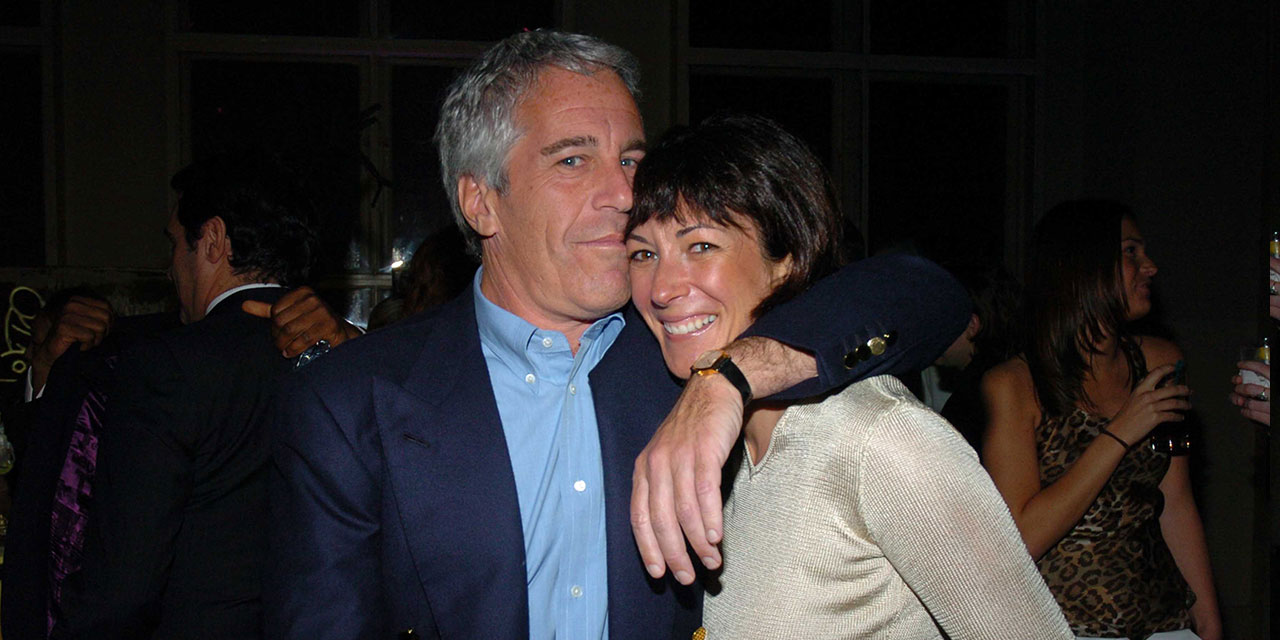In 1987, the United States rejected an amendment to the Geneva conventions that would have conferred prisoner of war status on terrorists. The Washington Post and the New York Times applauded the decision. “We must not, and need not, give recognition and protection to terrorist groups as a price for progress in humanitarian law,” editorialized the Post. Granting terrorists such recognition, the papers explained, would eviscerate a central purpose of the Geneva conventions: to safeguard noncombatants. By making the protections accorded to lawful combatants conditional on obedience to the rules of war—which forbid targeting civilians and hiding in the civilian population—the conventions create an incentive for soldiers to behave lawfully.
Journalist and blogger Andrew Sullivan has a different idea. For Sullivan, who accuses the Bush administration of torture in the January 23 New York Times Book Review, prisoner of war status is an absolute entitlement, not a privilege earned by responsible behavior. Every combatant, no matter how vicious his actions toward noncombatants, has a right to be treated as a lawful soldier, in Sullivan’s view. And thus, the Bush administration’s refusal to grant POW status to suspects taken in the war on terror represents not a judgment based on the law but a failure of moral vision: “The message sent,” writes Sullivan, “was: these prisoners are beneath decent treatment.”
Finally, a reason to check your email.
Sign up for our free newsletter today.
In Sullivan’s account, the administration’s POW ruling led directly to the “torture” of prisoners. It was the “critical enabling decision” that made the “abuse of innocents almost inevitable.” This “torture narrative” ignores some inconvenient facts, however. First, the government ruled unequivocally that the Geneva conventions applied in Iraq, where the overwhelming majority of prisoner abuse occurred. In fact, that abuse had one cause and one cause only: the wholesale and inexcusable breakdown of military order in Iraq that allowed soldiers to violate their rules of engagement. Stomping on detainees, forcing them to masturbate, hitting them—these behaviors were obvious, gross infractions in every war zone. That breakdown of military order had nothing to do with any Geneva decisions pro or con, but resulted from Pentagon planners’ incompetent response to the insurgency. (The Schlesinger report, which supports the administration’s Geneva convention rulings and the resultant interrogation policies, reaches the same conclusion.) Moreover, nearly all the abuse had nothing to do with official interrogation, contrary to Sullivan’s claims. It was perpetrated by fighting soldiers at the point of capture and by military guards intent on punishing prisoners or simply abusing them for “fun.”
Second, if, in Sullivan’s view, the point of Geneva convention decisions is to demonstrate the detaining power’s moral sensitivity, as opposed to establishing a legal framework for the conduct of war, the administration’s ruling clearly did exactly that. President Bush declared that terror detainees were to be treated “humanely and, to the extent appropriate and consistent with military necessity, in a manner consistent with the principles of Geneva.” Amazingly, Sullivan mocks this order, even though it articulates the moral understanding that he claims the administration lacked.
Sullivan consistently fails to distinguish between behavior that violated interrogation policy and the policy itself. This is a crucial distinction. The fact that rules can be broken does not mean that the rules are invalid. It is a sad fact that abuse occurs in American domestic prisons; I presume Sullivan would not on that ground abolish prisons. The proper response to rule violations is to punish the wrongdoers, which is occurring, and to reform management.
Sullivan throws around the terms “torture” and “abuse” so often and indiscriminately that it is impossible to know whether he is referring to authorized interrogations or to illegal behavior. He writes, for example, that “at Guantánamo, newly released documents show that some of the torturers felt that they were acting on the basis of memos sent from Washington.” Which “torturers” is he referring to? If he means interrogators conducting routine interrogations, of course they felt that were acting on the basis of Washington guidance. They were! That guidance allowed interrogators to question a detainee past his bedtime, put him on cold Army rations, moderately adjust his environment, or isolate him.
It would appear that Sullivan regards such methods as “torture.” It is hard to say, however, since he never addresses the actual interrogation approaches authorized for Guantánamo. Those approaches were moderate, lawful, and closely hemmed in with oversight to ensure humane treatment, as the Schlesinger report found.
Or perhaps he believes that while the authorized methods are not per se torture, any deviation from the traditional Army interrogation approaches for lawful prisoners of war will inevitably lead down a slippery slope to actual torture. But if he is making a covert slippery slope argument, he needs to explain why the traditional 16 approaches are not equally susceptible to a slippery slope: Harsh Fear Up, or Good Cop–Bad Cop, for example, could degenerate into psychological, if not physical, abuse. The reason they usually don’t is the management and training of the interrogators—something that was completely lacking in Iraq.
Many of Sullivan’s factual claims are tenuous at best. He asserts, for example, that “we now know that in Guantánamo, burning cigarettes were placed in the ears of detainees.” I have not read the two document collections that he is reviewing, though I have read the key documents that they contain. If this damning allegation is presented therein, however, we would have heard about it in the press. Instead, Sullivan is likely basing his assertion on an FBI memo that the ACLU released last month. That memo, written from the bureau’s Sacramento, California, office, reported that an unknown, unnamed civilian had walked in to the office to charge that burning cigarettes had been placed in prisoners’ ears in Iraq. The memo did not assess the civilian’s credibility or give any basis for allowing a reader to do so. No other evidence has come out to corroborate the claim, but even if it were true, Iraq is not Guantánamo.
Indeed, Sullivan treats every uncorroborated and uninvestigated allegation made by prisoners about their treatment as gospel. The fact that prisoners were abused at Abu Ghraib, however, does not mean that prisoners don’t lie about their experience. An interrogator from Afghanistan calls the claims of prisoner-celebrities such as Moazzam Begg “astonishing” in their mendacity. “Begg is complaining about handling under my watch,” the interrogator told me. “Begg was treated as a guest, even though he was caught red-handed in the most sinister situation. Yet the press treats him with utter credulity.”
Sullivan’s picture of systematic, widespread torture and abuse is equally misleading. Abu Ghraib was not “common.” If prisoners were roughed up or humiliated upon capture in Iraq, blame the chaos of the insurgency and the inability of the commanders to keep control, not the al-Qaida Geneva Convention decision or any interrogation policies. Any abusive prisoner treatment is unacceptable, but the amount will undoubtedly prove slight compared with the number of prisoners taken—50,000 by summer 2004.
But the biggest flaw of Sullivan’s torture indictment is his casual disregard for the Geneva framework. He can’t be bothered to assess whether a combatant has met the conditions for prisoner of war status. Sullivan calls the “distinction between ‘prisoners of war’ and ‘unlawful combatants’ ” “so vague” as to make abuse inevitable. In fact, Article 4 of Geneva Convention III could not be clearer or more straightforward: under Article 4, terrorists could not possibly be covered. Sullivan accuses President Bush of not wanting to “stay . . . within the letter of the law”; in fact, it was the president who was following the literal language of the conventions, and Sullivan who ignores that language.
If the Geneva drafters had meant to include every combatant in the Third Convention, they would not so carefully have circumscribed the conditions for coverage. Sullivan’s anything-goes approach makes the process of reaching international humanitarian accords meaningless by throwing out the resulting handiwork. It was an achievement of high civilization to have agreed with other developed nations to treat each other’s soldiers humanely when we catch them in war.
To allow barbarous fanatics like al-Qaida to destroy as well the legal framework of reciprocity and responsible behavior that those accords established would not be an advance of “freedom” as Sullivan puts it, but its demise.



